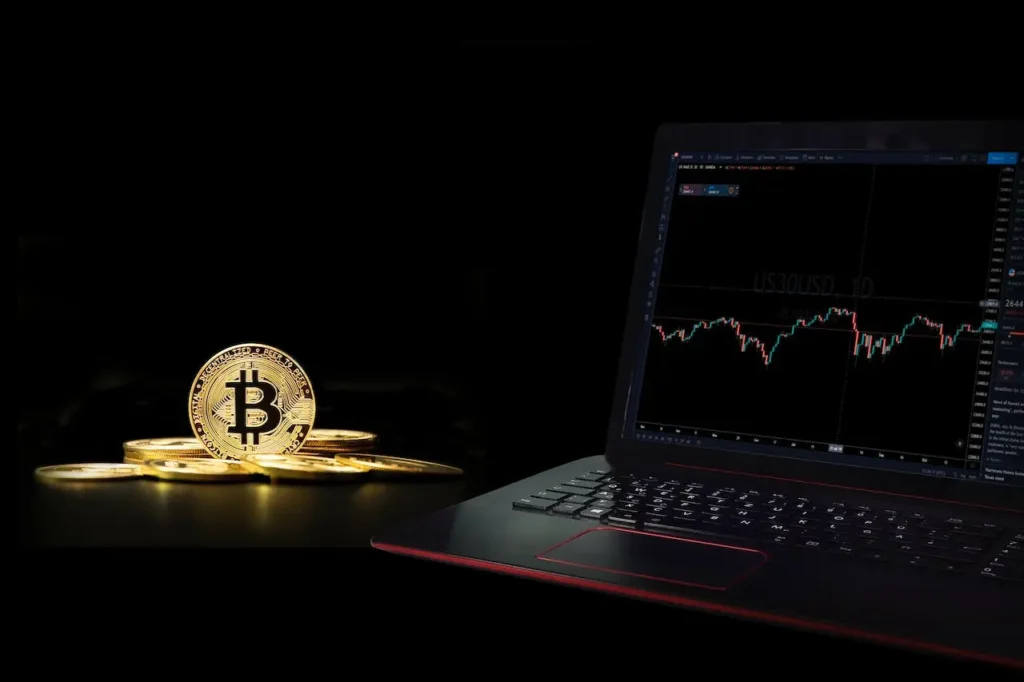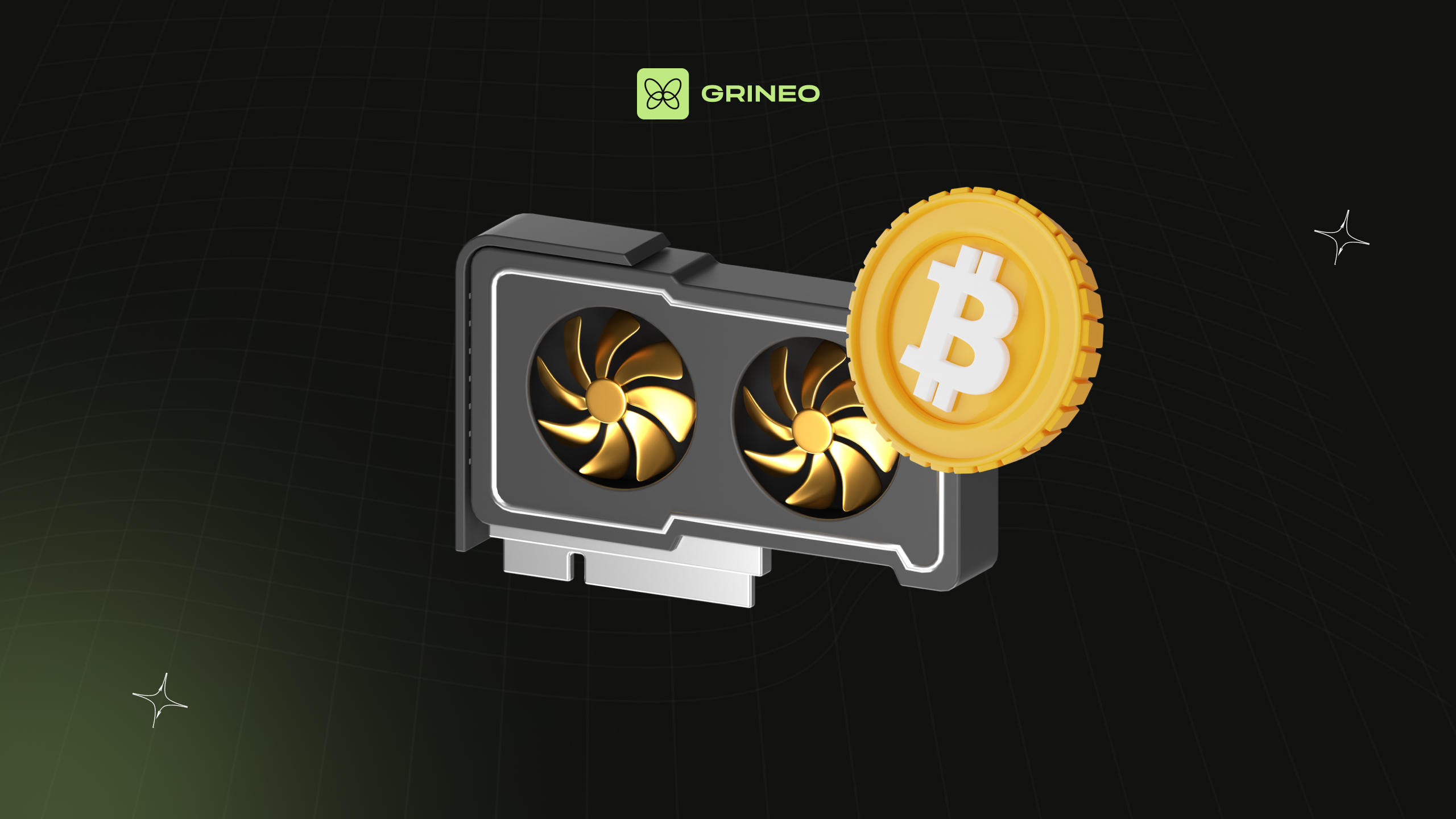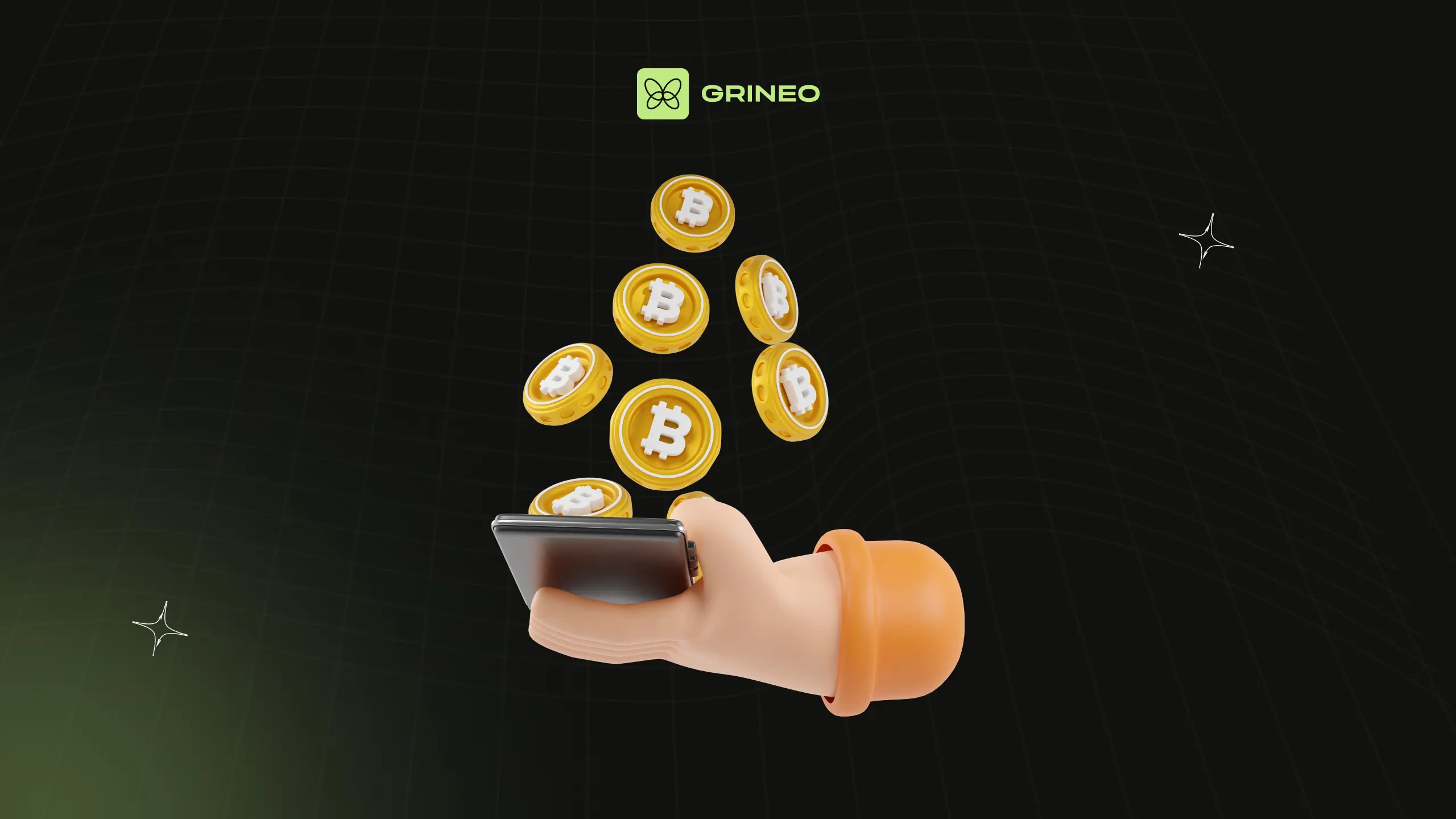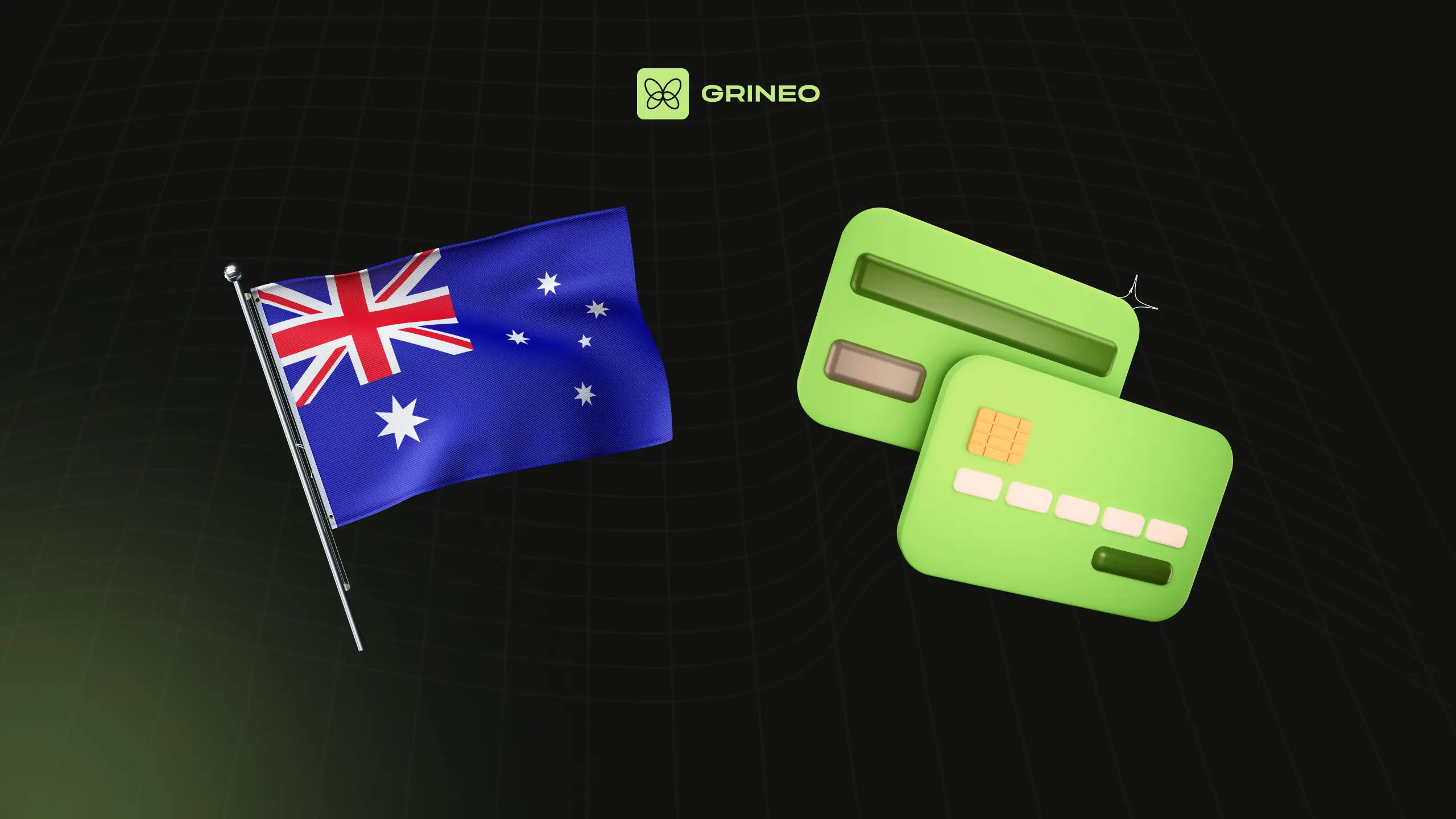What is a Decentralized Exchange (DEX) in 2024?

Decentralized exchanges (DEX) have revolutionized the way cryptocurrencies are traded by eliminating the need for intermediaries. This article explores how DEXs work, highlights popular platforms, discusses their advantages, and addresses challenges and limitations they may face.
How Decentralized Exchanges (DEX) Work
Decentralized Exchanges (DEX) operate on blockchain technology, allowing users to trade cryptocurrencies directly without the need for intermediaries. Smart contracts facilitate transactions, while decentralized order books and liquidity pools ensure seamless trading experiences.
Smart contracts play a pivotal role in decentralized exchanges (DEX) by automating and executing transactions between buyers and sellers. They provide transparency, security, and eliminate the need for intermediaries, ensuring trustless and efficient trading processes.
Decentralized order books and liquidity pools in DEX
Decentralized exchanges (DEX) utilize decentralized order books and liquidity pools. This allows for the efficient matching of buy and sell orders without relying on a centralized authority, increasing transparency and eliminating potential manipulation.
Popular Decentralized Exchanges (DEX)

Popular Decentralized Exchanges (DEX) such as Uniswap and SushiSwap have gained significant popularity in the cryptocurrency space. These platforms offer a range of features and functionalities that make them attractive to traders and investors.
Uniswap
Uniswap is a popular decentralized exchange (DEX) known for its simplicity and user-friendly interface. It operates on the Ethereum blockchain and allows users to swap ERC-20 tokens directly from their wallets. Uniswap also offers liquidity providers the opportunity to earn fees by adding funds to the platform’s liquidity pools.
SushiSwap
SushiSwap is a decentralized exchange that offers similar features to Uniswap, such as token swapping and liquidity provision. It also introduced yield farming, where users can earn additional tokens by staking their assets in various SushiSwap pools.
There are an estimated 159 decentralized exchanges now active in the crypto market, and that number continues to grow alongside demand.
Advantages of Decentralized Exchanges (DEX)
Decentralized exchanges (DEX) offer greater privacy and security due to the absence of a central authority. They also provide lower transaction fees and faster transactions compared to traditional exchanges, making them more efficient for users.
Decentralized exchanges (DEX) offer greater privacy and security by eliminating the need for a central authority. Users have full control over their funds and personal information, reducing the risk of hacking or data breaches.
Lower transaction fees and faster transactions are also major advantages of decentralized exchanges (DEX). By eliminating intermediaries, DEX reduces fees and allows for instant peer-to-peer transactions, enhancing efficiency and cost-effectiveness for users.
Challenges and Limitations of Decentralized Exchanges (DEX)
Decentralized exchanges (DEX) face challenges with liquidity and potential vulnerabilities that can affect user experience and security. However, ongoing innovation and improvements aim to address these limitations and make DEX more accessible and secure for users.
Liquidity can be a challenge for decentralized exchanges (DEX), as they rely on user-generated liquidity rather than a centralized order book. This can result in limited trading options and potential price slippage, especially for less popular or newly listed tokens.
Potential risks and vulnerabilities in DEX include smart contract bugs, security breaches, and potential manipulation of liquidity pools. Users must be cautious and do thorough research before participating in decentralized exchanges.
Conclusion
Decentralized exchanges (DEX) offer users greater privacy, lower transaction fees, and faster transactions compared to centralized exchanges. However, liquidity issues and potential risks exist, highlighting the need for caution. The future of the DEX ecosystem looks promising as it continues to evolve and address these challenges.
Frequently Asked Questions
What is a DEX in Crypto?
A decentralized exchange (DEX) is a platform that enables direct peer-to-peer cryptocurrency trading without the need for an intermediary. It operates on blockchain technology, providing users with control over their funds and eliminating the risks associated with centralized exchanges.
How do DEXes Ensure Security?
DEXes prioritize security through smart contracts and blockchain technology. Users retain control of their private keys, reducing the risk of hacking. Additionally, the decentralized nature of DEXes minimizes the chance of a single point of failure, enhancing overall security.
What are the Advantages of DEX Trading?
DEX trading offers increased privacy, lower fees, and greater control over funds. Users can trade directly from their wallets without creating accounts, providing a more seamless experience. Additionally, DEXes often list a wide variety of tokens, fostering a diverse trading environment.
Are DEXes Suitable for Beginners?
While DEXes offer numerous benefits, they can be complex for beginners. Understanding wallet management, private keys, and the intricacies of various decentralized platforms may pose challenges. However, educational resources and user-friendly interfaces are continually improving, making DEXes more accessible.
How do DEXes Differ from Centralized Exchanges?
DEXes differ from centralized exchanges as they operate on blockchain technology and do not require users to deposit funds into a centralized entity. This reduces the risk of hacks and provides a trustless environment. Centralized exchanges, on the other hand, act as intermediaries, holding user funds on their platforms.









